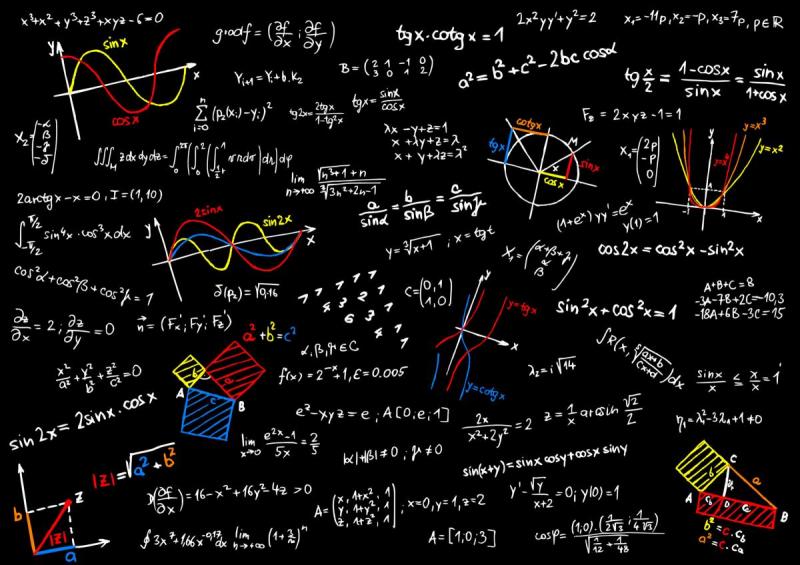Why do we teach math?
It could be because the mathematical procedures that are taught in schools will be useful to students later, but I am pretty sure this is false. Almost everyone forgets those procedures as they get older because most people in our society use virtually none of the procedures they learned in school in their day-to-day life. Obviously there are engineers, mathematicians, and scientists who use the mathematics they have learned, possibly on a daily basis, but I think if you dig deeper into the work they do, many of these people use tools to help to do their work (like Mathematica, for example), look up the finer details of mathematical procedures that they do not use often, or who use only a very specialized portion of their mathematical knowledge regularly.
It could be that we want to expose students to different ways of thinking about the world. In this case we would be less concerned with the exact set of mathematical procedures they have learned, and more concerned with learning mathematics as a way of thinking and knowing. I see little evidence that this is an explicit goal of mathematics instruction given that; the students are assessed only on the procedures, teachers are assessed on their students understandings of those procedures, and that the set of mathematical procedures we want students to know is so prescribed such that it is virtually identical around the world.
It could be that we would like students to learn transferable problem solving skills. In this case, we want to teach mathematics in such a way as to promote the likelihood that students will be able to transfer what they learn to other areas. Cross-disciplinary study would be the norm, rather than the exception. It turns out that “teaching skills that transfer” is not as simple as one thinks. In fact, my understanding is that most of the times when people learn skills in one context, they do not end up transfering those skills to other contexts. Instruction that aims for transferable skills has to provide opportunities for students to make connections between different areas, reflect on what they have learned, and develop metacognitive strategies so that students think about their thinking. What evidence is there that these types of activities are a regular part of math classes?

It could be that we would like students to see the beauty and elegance of mathematics. One way to do this could be through exploring mathematical art. Another might be to look at some famous examples of truly elegant uses of mathematics. We could also ask students to talk about mathematics in the abstract and come to a shared understanding of what elegance and beauty in mathematics mean. As far as I know, none of these activities is a common one in math classes. It is depressing to me that this way of thinking which has so much beauty in it is shared in such a way that almost no one in our society ever gets to experience beautiful mathematics.
If one or more of the reasons I suggested above is something you think is a good reason to teach mathematics, how are you ensuring that you meet this goal with what happens for students in your classroom?
What other reasons are there to teach mathematics?
